Menu
Columns
Showing 3546 Columns
Showing 3546 Columns
January 9th, 2012

WARNING: May contain wall-to-wall spoilers
Read Column →January 9th, 2012
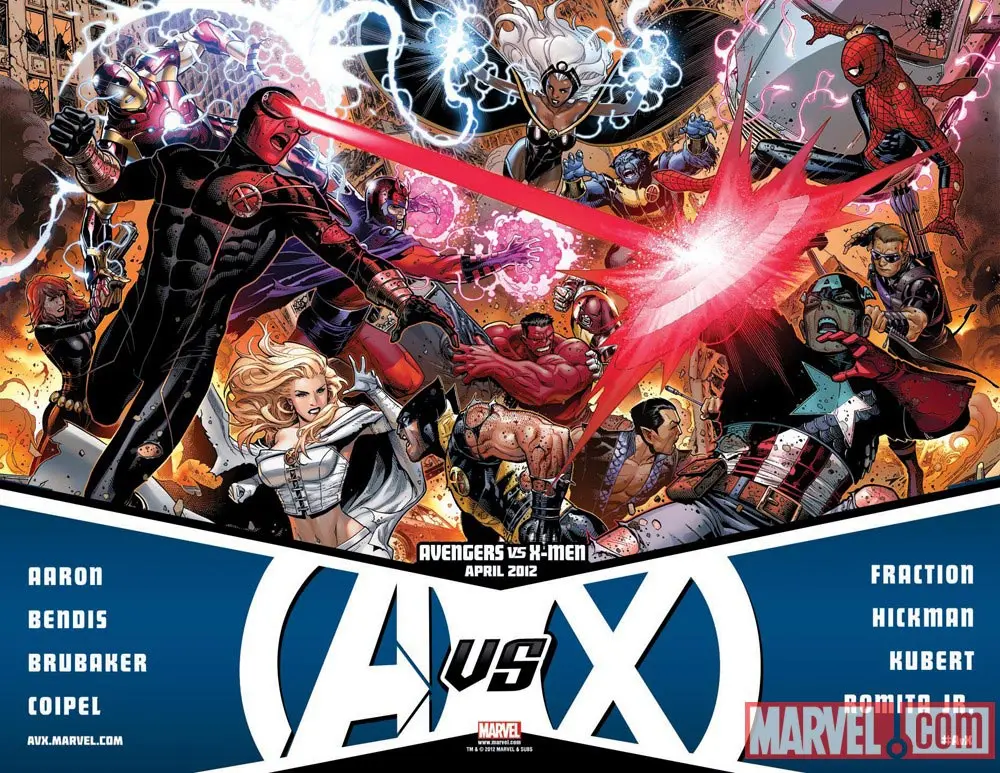
Each year Marvel has what are known as events - miniseries that feature an epic, universe spanning dilemma that often affects multiple books. The problem with event books is that they rarely feel that special, and are nothing more than a way to charge extra for a book and to make you pick-up a number of tie-in titles that you wouldn't otherwise care for.
Read Column →January 6th, 2012
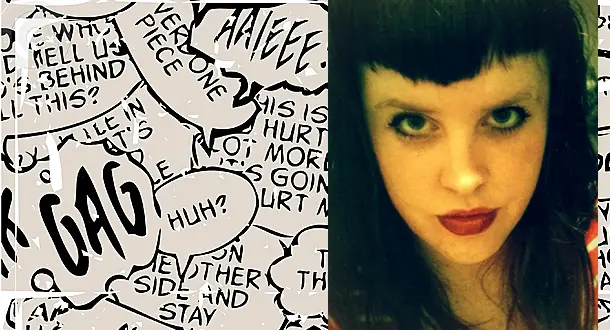
A few weeks ago I was queried with a graphic novel. The premise sounded wonderful and I immediately dove into the five sample chapters that were pasted into the body of the email. A few paragraphs into the sample chapters I thought to myself, “wait…isn’t this supposed to be a graphic novel?” Unfortunately, it was completely written in prose and I couldn’t consider it as a graphic novel.
Read Column →January 6th, 2012

Image via Pexels LURID: vivid in shocking detail; sensational, horrible in savagery or violence, or, a twice-monthly guide to the merits of the kind of Bad Books you never want your co-workers to know you're reading.
Read Column →January 6th, 2012
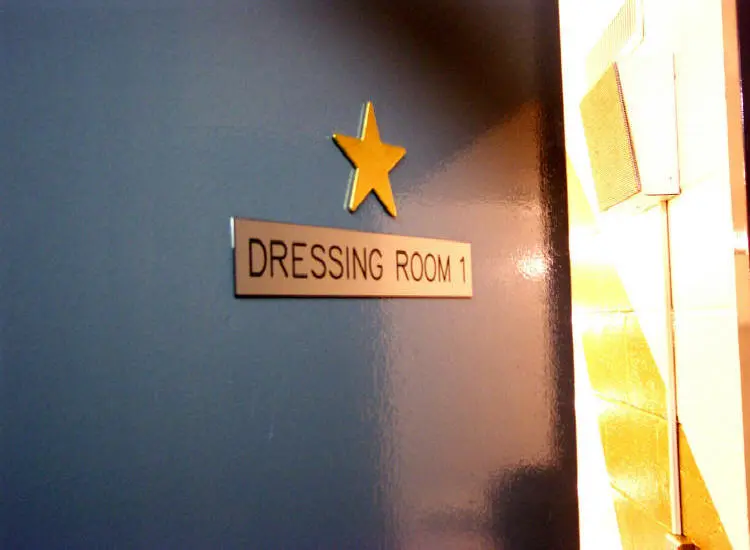
As the release of Fincher’s adaption of The Girl with the Dragon Tattoo is upon us, I find myself wondering if Rooney Mara can possibly nail the wild carelessness and single-minded survival instinct of the protagonist, Lisbeth Salander. I have high hopes for her role, but I find it hard to believe that she’ll approach the transformative performance given by Noomi Rapace in the 2009 Swedish film.
Read Column →January 5th, 2012
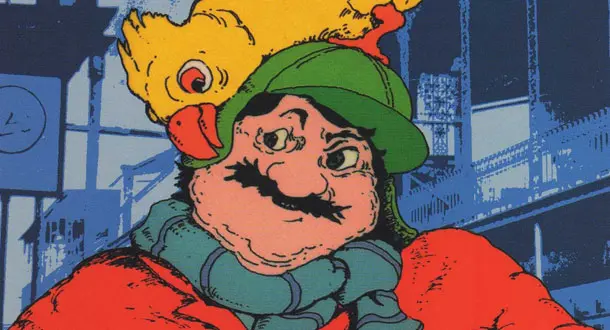
The world is not how it used to be. Things have changed for the worse and I bet you, dear Reader, are complicit with this.
Read Column →January 5th, 2012
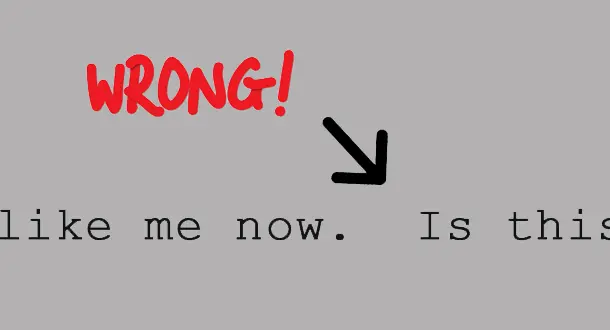
Do you hit the space bar twice after you type a sentence? If you do, you should give some thought to stopping.
Read Column →January 4th, 2012

Header images via Jopwell & Miguel Á. Padriñán The most memorable writing takes advantage of the faculties of human speech. Of all the narrative forms, dialogue is the most human in design. Unlike description or narrative, dialogue requires a person’s presence. As such, it’s intrinsically empathetic.
Read Column →January 3rd, 2012
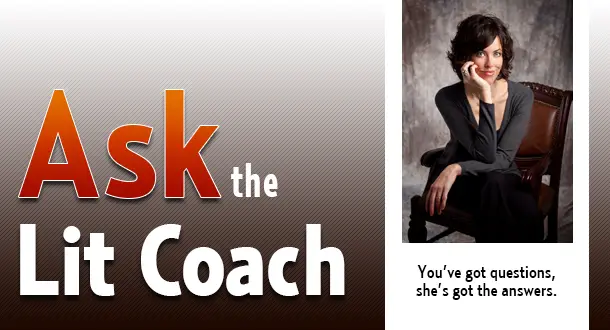
Over the past three swift moving years, we've witnessed significant changes in the publishing world. Despite the many publishing options available to writers today, some things are still worth the time and investment (book publicity), while other things are not necessarily important (an author blog). One thing that hasn't changed though, is the importance placed on the quality of the work.
Read Column →December 30th, 2011

We may have only gone live in October, but the staff here at LitReactor are a bunch of voracious bilbliophagists who have been steady readin' all year long. So we figured engaging in a some year-ending listrionics would be a great way to play catch up, and would give you a better idea of who we are as readers. Who knows, we might even turn you on to something new. Hope you enjoy.
Read Column →🎼
Tell us about your book, and we'll give you a writing playlist
Take our 1 minute quiz to find your ideal tunes.